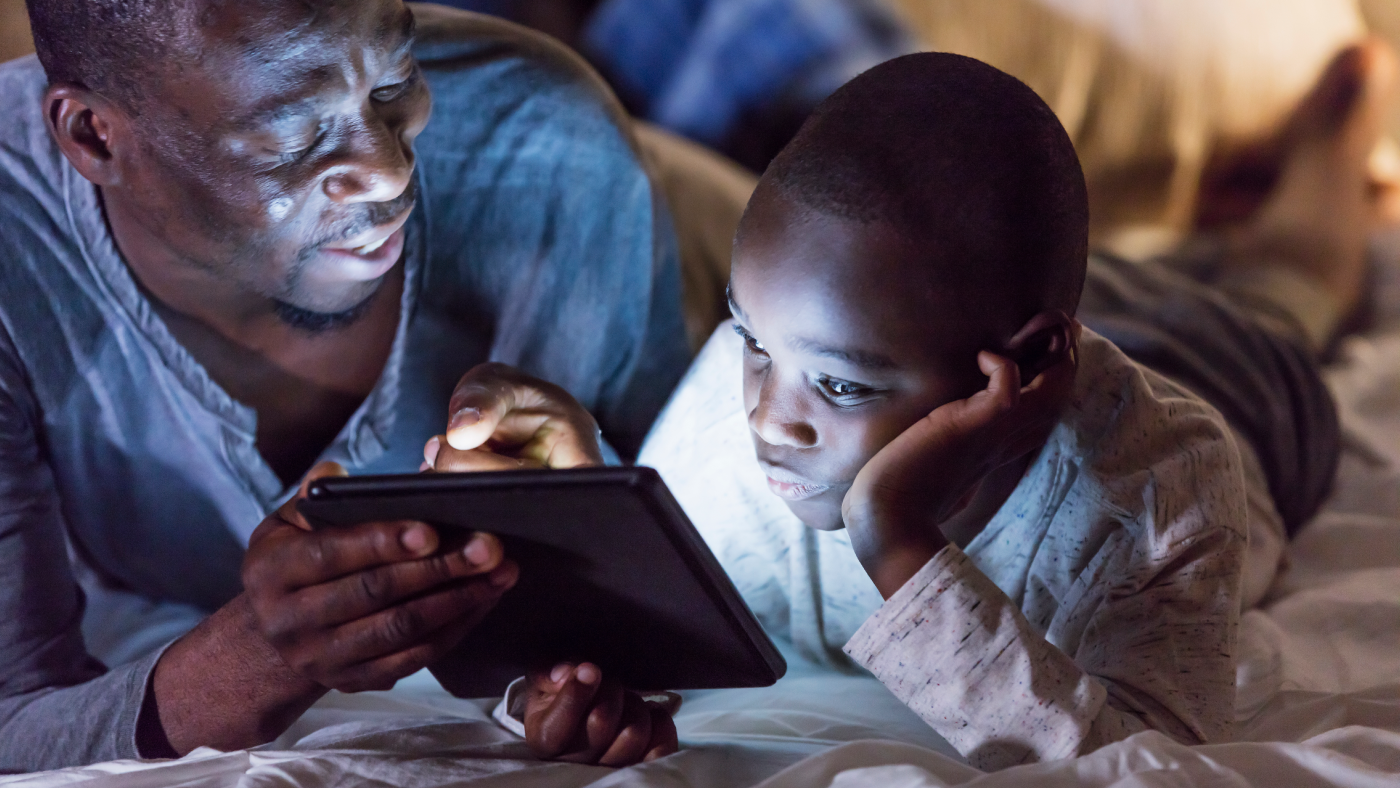
Introducing the Pew-Knight Initiative
The Pew-Knight Initiative will deliver a comprehensive, real-time look at the information landscape from the standpoints of both consumers and producers of news.
The Pew-Knight Initiative will deliver a comprehensive, real-time look at the information landscape from the standpoints of both consumers and producers of news.
Overall, 69% of Americans say they are married (51%), living with a partner (11%), or otherwise in a committed romantic relationship (8%).
Four-in-ten Americans who get news from social media say inaccuracy is the thing they dislike most about it – an increase of 9 percentage points since 2018.
We asked researchers how they used the newest generation of large language models to analyze roughly 24,000 podcast episodes.
In most countries surveyed, around nine-in-ten or more adults are online. In South Korea, 99% of adults use the internet.
More than half of Americans (53%) say America’s sport is football – about twice the share who say it’s baseball (27%).
Around seven-in-ten U.S. adults (68%) say they ever use Facebook, a share that has remained relatively flat since 2016.
More than half of U.S. adults (56%) said that widespread use of brain chips to enhance cognitive function would be a bad idea for society.
Americans overwhelmingly see small businesses as having a positive effect on the way things are going in the country. By contrast, their views of large corporations are broadly negative. And most people – including identical shares in both parties – are critical of the impact of banks and financial institutions.
With our shift to using NPORS for studying topics like the digital divide, Americans can now respond by mail or online. This change in approach sets us up to continue studying tech adoption long into the future.

Roughly four-in-ten Americans have experienced online harassment. Growing shares face more severe online abuse such as sexual harassment or stalking.
Two-thirds of parents in the U.S. say parenting is harder today than it was 20 years ago, with many citing technologies, like social media or smartphones, as a reason.
From distractions to jealousy, how Americans navigate cellphones and social media in their romantic relationships.
Majorities of U.S. adults believe their personal data is less secure now, that data collection poses more risks than benefits, and that it is not possible to go through daily life without being tracked.











